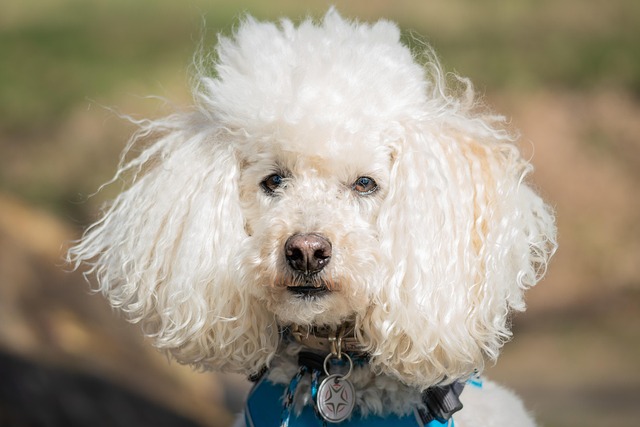
Do dogs get tetanus vaccine?
Most dogs don’t need a regular tetanus vaccine like humans do, but that doesn’t mean they’re totally safe from the bacteria.
If you’ve been cleaning up loose stools and watching your dog hesitate to eat their favorite kibble, you might have heard probiotics can help—but with so many options at pet stores, it’s hard to know which one is right. When my 1-year-old Australian Shepherd, Cooper, got diarrhea after a round of antibiotics for an ear infection, I struggled to pick a probiotic until my vet simplified it: the best choice is science-backed, dog-specific, and paired with gentle care. For first-time U.S. pet owners, navigating this doesn’t have to be overwhelming—you just need to focus on what works for your pup’s gut.
Here’s why probiotics help with diarrhea: Your dog’s gut relies on “good” bacteria to keep digestion smooth. Diarrhea—whether from antibiotics, stress, or a sudden food change—kills off those good bacteria, letting “bad” bacteria take over. Probiotics are live, beneficial bacteria that restore that balance, helping firm up stools and soothe irritation. But not all probiotics are equal: human probiotics often have strains that don’t survive a dog’s digestive tract, so dog-specific formulas are a must. Studies from pet health groups show formulas with Lactobacillus acidophilus and Bifidobacterium animalis work best for diarrhea because they’re tailored to a dog’s gut.
First, always check with your vet before giving a probiotic—they’ll rule out serious issues like parasites and recommend a dose based on your dog’s weight. Look for formulas with third-party certifications (like the NASC seal) to avoid fake or low-quality products. For picky eaters, go for chewable tablets or powder that mixes into wet food—Cooper loved the chicken-flavored chews, which felt like treats. Pair the probiotic with a bland diet (boiled chicken and white rice) for 2–3 days to ease gut stress. Avoid giving probiotics with dairy, as many dogs are lactose intolerant. For apartment dwellers, keep your dog’s food and water bowls in a quiet spot—stress from noisy hallways can worsen diarrhea, even with probiotics.

Never scold your dog for accidents—this violates U.S. animal welfare norms and makes them anxious, which hurts their gut. Clean messes with an enzyme cleaner and comfort them instead. Stay legal: Keep your dog’s vaccines (parvovirus, distemper) up to date—parvo causes severe diarrhea in puppies, and probiotics alone won’t fix it. When walking, carry waste bags (cities like Denver fine up to $100 for not cleaning up) and keep them on a leash to stop them from eating contaminated grass. Use positive reinforcement (treats for calm potty trips) to keep them relaxed.
The right probiotic can turn around your dog’s diarrhea fast, but it works best with vet guidance and gentle care. With the correct formula, your pup will be back to their playful self in no time.

Most dogs don’t need a regular tetanus vaccine like humans do, but that doesn’t mean they’re totally safe from the bacteria.
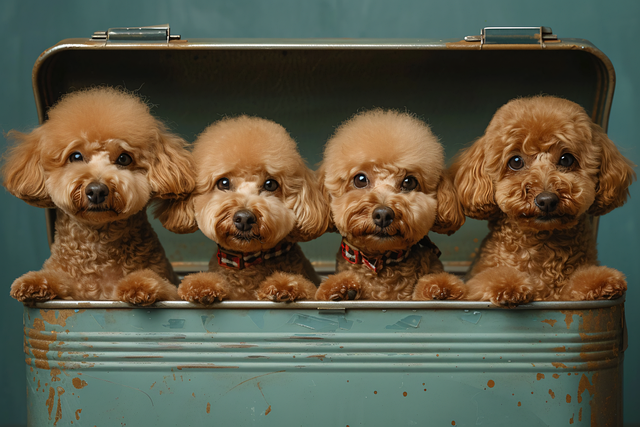
If you’ve ever run your hand through your dog’s fur and noticed it feels dull instead of shiny, or caught them nibbling at dry, flaky patches on their back, you’re not alone.
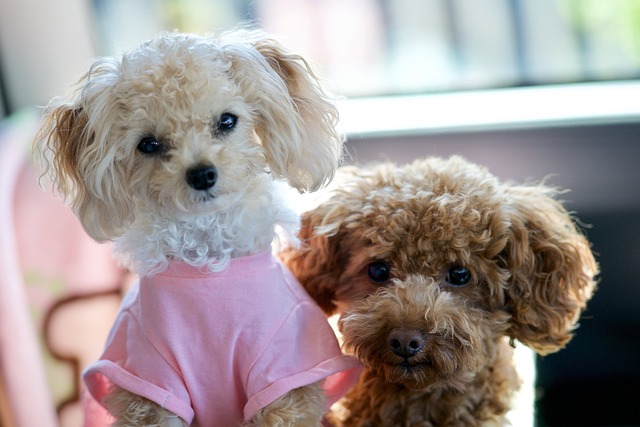
If you’ve watched your dog spend hours licking their paws raw or scratching their belly until it’s red, itchy skin can feel like a never-ending battle.

If you’ve spent evenings scrolling pet forums, worrying that your 10-week-old Golden Retriever puppy isn’t getting “enough” from their kibble, you’re in good company.
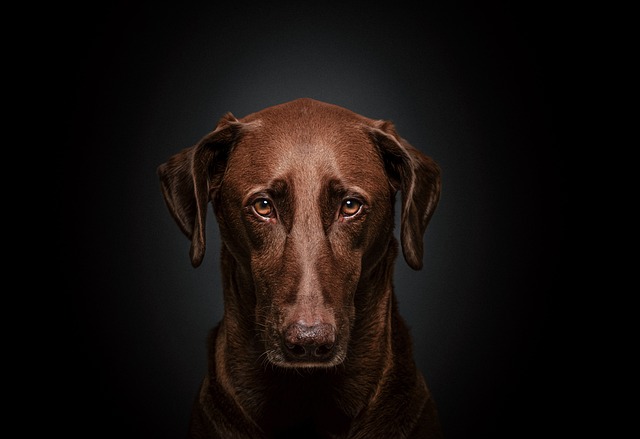
There’s nothing more stressful than watching your dog act out of sorts—especially when you can’t figure out why. One minute they’re chasing a ball in the yard, the next they’re curled up, refusing water and looking lethargic.
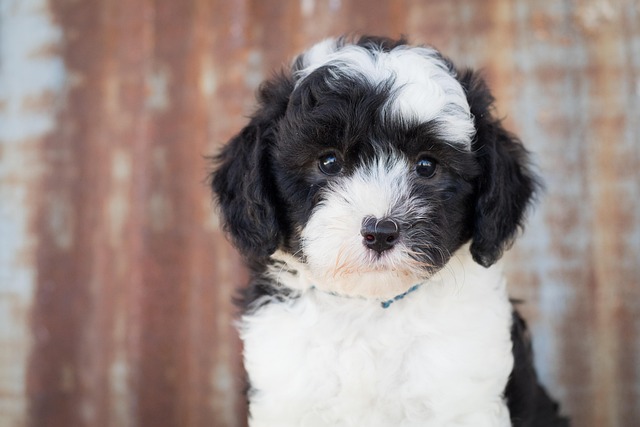
If you’ve brought home a fluffy 8-week-old puppy and stared at the endless pet food options, wondering if kibble, wet food, or “homemade” meals are best, you’re not alone.